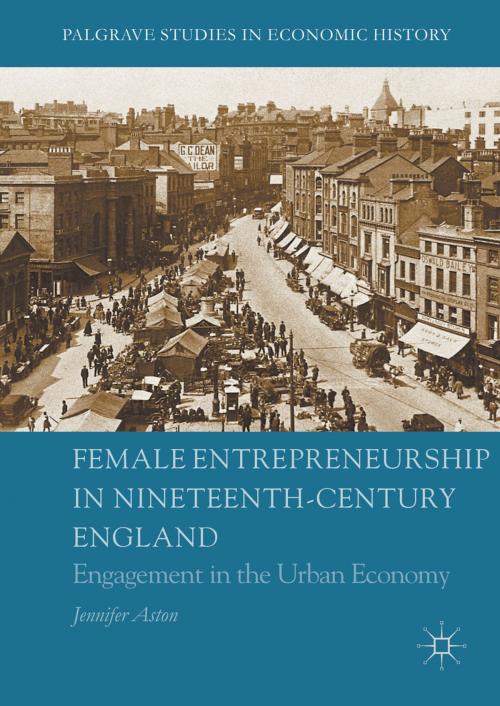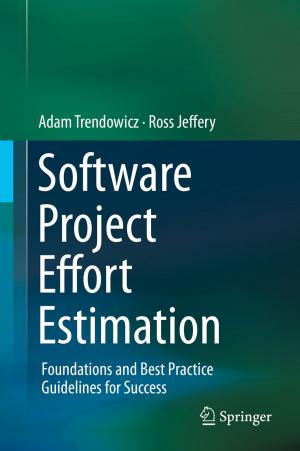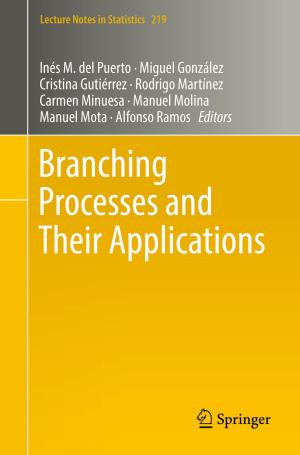Female Entrepreneurship in Nineteenth-Century England
Engagement in the Urban Economy
Business & Finance, Economics, Economic History| Author: | Jennifer Aston | ISBN: | 9783319308807 |
| Publisher: | Springer International Publishing | Publication: | August 31, 2016 |
| Imprint: | Palgrave Macmillan | Language: | English |
| Author: | Jennifer Aston |
| ISBN: | 9783319308807 |
| Publisher: | Springer International Publishing |
| Publication: | August 31, 2016 |
| Imprint: | Palgrave Macmillan |
| Language: | English |
Aston challenges and reshapes the on-going debate concerning social status, economic opportunity, and gender roles in nineteenth-century society.
Sources including trade directories, census returns, probate records, newspapers, advertisements, and photographs are analysed and linked to demonstrate conclusively that women in nineteenth-century England were far more prevalent in business than previously acknowledged. Moreover, women were able to establish and expand their businesses far beyond the scope of inter-generational caretakers in sectors of the economy traditionally viewed as unfeminine, and acquire the assets and possessions that were necessary to secure middle-class status. These women serve as a powerful reminder that the middle-class woman’s retreat from economic activity during the nineteenth-century, so often accepted as axiomatic, was not the case. In fact, women continued to act as autonomous and independent entrepreneurs, and used business ownership as a platform to participate in the economic, philanthropic, and political public sphere.
Aston challenges and reshapes the on-going debate concerning social status, economic opportunity, and gender roles in nineteenth-century society.
Sources including trade directories, census returns, probate records, newspapers, advertisements, and photographs are analysed and linked to demonstrate conclusively that women in nineteenth-century England were far more prevalent in business than previously acknowledged. Moreover, women were able to establish and expand their businesses far beyond the scope of inter-generational caretakers in sectors of the economy traditionally viewed as unfeminine, and acquire the assets and possessions that were necessary to secure middle-class status. These women serve as a powerful reminder that the middle-class woman’s retreat from economic activity during the nineteenth-century, so often accepted as axiomatic, was not the case. In fact, women continued to act as autonomous and independent entrepreneurs, and used business ownership as a platform to participate in the economic, philanthropic, and political public sphere.















